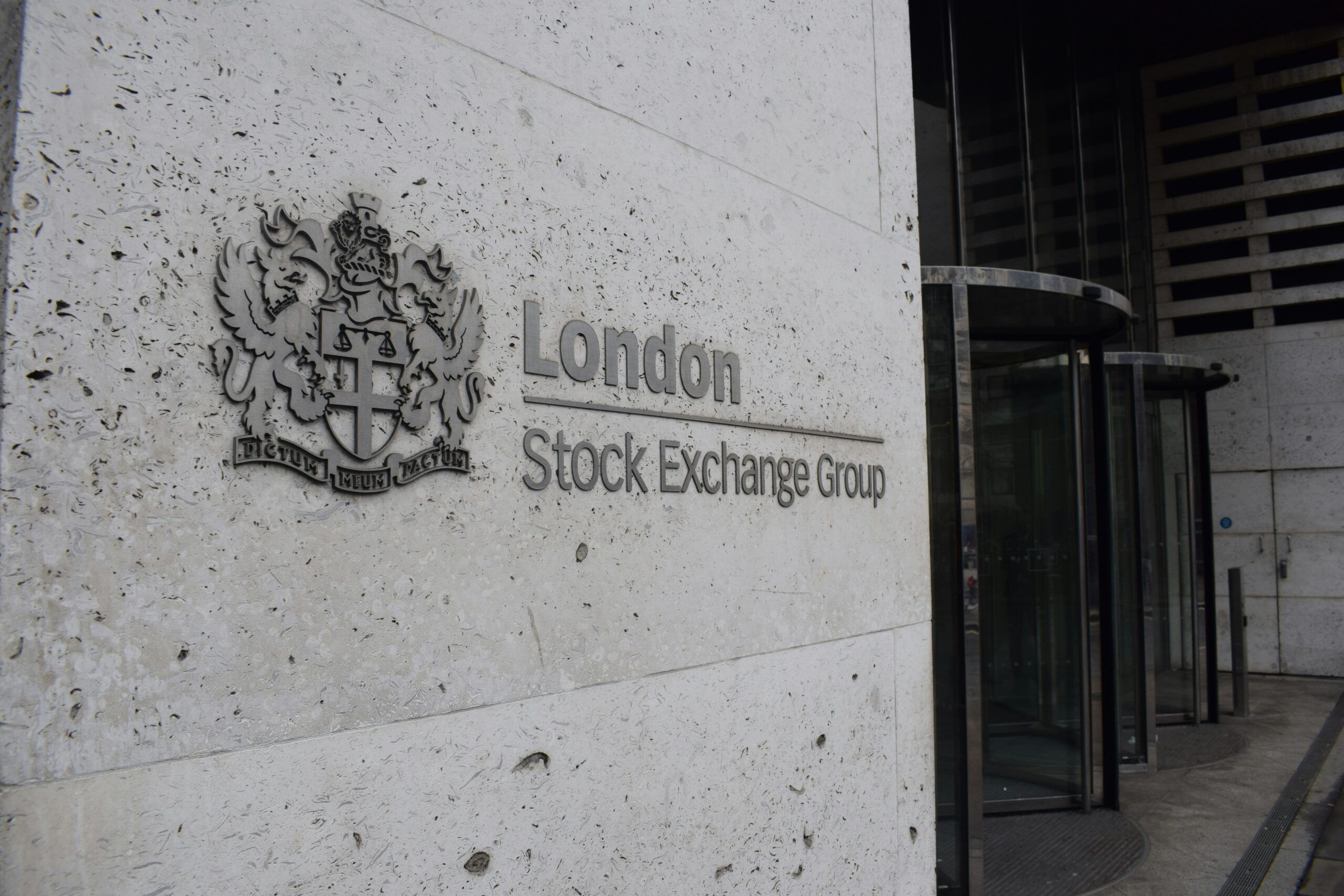
The London IPO Market – Still in the Doldrums
In Q1 and Q2 of this year, data released showed the London IPO market was down to just £182.8 million from nine raisings, as opposed to the same period in 2024, where eight IPOs raised £526.7 million, raising concerns that London is fading as a centre for global capital. Further data also showed that Q3 and Q4 of 2024 had only nine IPOs raising £258 million. Indeed, in April of this year, the market saw the most significant IPO for MHA, a professional services company that raised £98 million on AIM (Alternative Investment Market).
The City (City of London – the financial centre) is struggling to maintain its reputation as a centre and destination for high-growth listings as evidenced by reports suggesting that the CEO of AstraZeneca (pharmaceuticals) might well relocate their primary listing to the United States along with Wise (money transfer service), who with a valuation of £11 billion might also consider moving their listing to the United States as well. A further disappointment is Shein (Online fast fashion company), who were denied a London listing by the Chinese regulators, so they have opted for a listing in Hong Kong.
The above companies are just a part of a growing number of companies that have shelved listings in the city due to pushbacks from investors and challenges related to Brexit, which have negatively impacted valuations. As such, these companies have opted for listings not only in the United States but also in other markets where there are perceived higher valuations plus stronger investor appetite.
However, not all is doom and gloom as analysts report that the Labour government are making headway in reforming listing requirements, which it is hoped will help revive the market that headed south once the United Kingdom had left the European Union. However, 2026 should provide the biggest impetus in the London IPO market as there is a planned IPO by the software giant Visma valued at Euros 19 billion, and HG Capital is leaning towards the City for a listing, attracted by listing reforms, especially allowing euro-denominated stocks into flagship FTSE indexes.
Experts argue that out of all the European exchanges, London has been the hardest hit. However, in Q1 and Q2, bourses in Zurich, Milan, and Paris saw lower volumes than London, and overall Europe suffered its worst opening six months in IPO volumes. However, a large part of the problem has been President Trump’s tariffs, which unleashed a round of volatility which resulted in the market being shut for a while, delaying plans by issuers to go public. Analysts are hopeful of a rebound in 2026 with the new regulations attracting companies to the IPO market in London.

Other facilities
IntaCapital Switzerland | Copyright © 2025 | All Rights Reserved